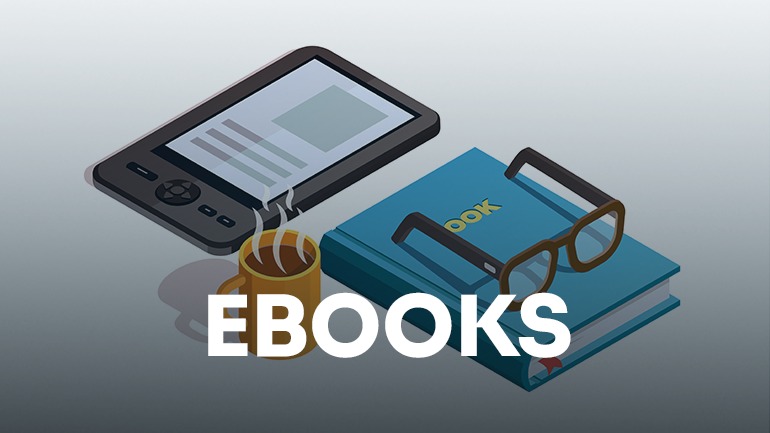
Introduction:
Ebooks have revolutionized the reading experience, offering unparalleled convenience and accessibility to a vast array of literary works. In this guide, we’ll delve into the world of ebooks, exploring where to find them, how to access them, and the various platforms available for digital reading.
Understanding Ebooks:
What are Ebooks? Ebooks, or electronic books, are digital versions of printed books that can be read on electronic devices such as e-readers, tablets, smartphones, and computers. They provide a convenient and portable way to access literature anytime, anywhere.
Advantages of Ebooks: Ebooks offer numerous advantages, including portability, accessibility, and environmental sustainability. They allow readers to carry an entire library in their pocket, adjust font sizes for comfortable reading, and reduce paper waste.
Where to Find Ebooks:
Online Retailers: Popular online retailers like Amazon Kindle Store, Apple Books, and Google Play Books offer vast selections of ebooks for purchase and download. They provide a convenient way to browse and buy ebooks from a wide range of genres and authors.
Public Libraries: Many public libraries offer digital lending services that allow patrons to borrow ebooks for free. Platforms like OverDrive, Libby, and Hoopla provide access to a diverse collection of ebooks that can be borrowed and read on various devices.
Project Gutenberg: Project Gutenberg is a volunteer-driven initiative that offers over 60,000 free ebooks, including classic literature and public domain works. Readers can access and download these ebooks for free, making it a valuable resource for literary enthusiasts.
How to Access Ebooks:
E-Readers: Dedicated e-readers like Amazon Kindle, Kobo, and Barnes & Noble Nook provide optimal reading experiences for ebooks. Simply purchase or borrow ebooks from your preferred platform and transfer them to your e-reader for offline reading.
Tablets and Smartphones: Tablets and smartphones offer versatile reading experiences with apps like Kindle, Apple Books, and Google Play Books. Download the app, sign in with your account, and start reading ebooks on your device.
Computers: Ebooks can also be read on desktop or laptop computers using ebook reader software such as Adobe Digital Editions or Kindle for PC/Mac. Simply download the software, purchase or borrow ebooks, and open them on your computer for reading.

Best Websites for E-books:
- Project Gutenberg: Project Gutenberg offers over 60,000 free ebooks, including classic literature and public domain works, which can be downloaded in various formats such as EPUB, Kindle, HTML, and plain text.
- Open Library: Open Library is an initiative by the Internet Archive, offering access to millions of ebooks, including out-of-print titles and contemporary works. Users can borrow ebooks for a limited period or access public domain titles for free.
- Amazon Kindle Store: The Amazon Kindle Store offers a vast selection of ebooks for purchase, including bestsellers, new releases, and exclusive titles. Users can download ebooks directly to their Kindle devices or Kindle reading apps.
- Google Play Books: Google Play Books provides a diverse collection of ebooks, including bestsellers, indie titles, and academic works. Users can purchase and download ebooks to read on their Android devices, iOS devices, or web browsers.
- Audible: Audible is a leading platform for audiobooks, offering a wide selection of professionally narrated titles from bestselling authors and publishers. Users can purchase audiobooks individually or subscribe to Audible’s membership plans for credits and discounts.
Conclusion
Ebooks have democratized access to literature, offering readers a convenient and flexible way to explore a world of stories and knowledge. With the abundance of ebook platforms and formats available, finding and accessing ebooks has never been easier. Start your digital reading journey today and embark on a literary adventure unlike any other.
